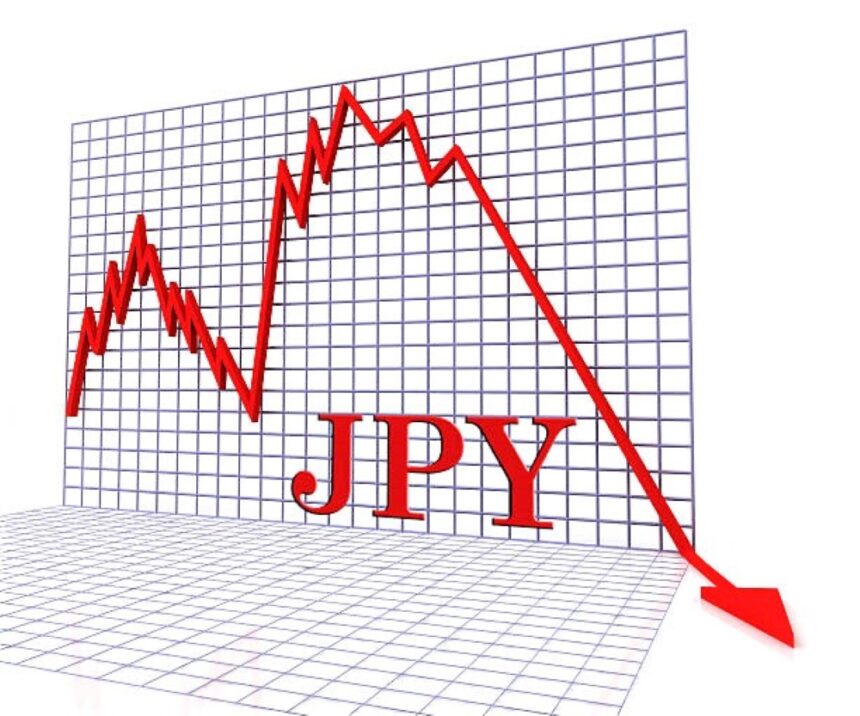Japanese yen continues to fall as concerns about Trump’s trade tariffs grow.
The Japanese Yen (JPY) remained highly offered for the third day in a row on Wednesday, as investors worried about the economic consequences of US President Donald Trump’s tariffs on commodities imports and reciprocal tariffs. Aside from that, a positive risk tone viewed as a factor eroding the safe-haven JPY. This, combined with the emergence of some US Dollar (USD) buying, helps the USDJPY pair maintain its robust gains above the mid-153.00s.
The Fed’s hawkish stance revives USD demand and provides support for the USDJPY pair.
Traders may avoid aggressive bets on the USDJPY pair as Fed Chair Jerome Powell’s hawkish remarks on Tuesday dampened hopes for a sharp narrowing of the US-Japan rate differential. However, bets on the Bank of Japan (BoJ) raising interest rates again should be cautious chips, and pledged greater reciprocal tariffs to match other governments’ charges on US goods.
The statement increases the possibility of further escalation in global trade tensions and threatens to harm the Japanese economy. This, in turn, expected to weigh hard on the Japanese yen, allowing the USDJPY pair to build on a one-week-old solid recovery from sub-151.00 levels, or a near two-month low reached last week.
Daily Market Update:Katsunobu Kato, Japan’s Finance Minister, stated earlier this Wednesday that he will examine the impact of US tariffs on the Japanese economy and respond accordingly.
Separately, Japan’s industry minister, Yoji Muto, requested that the US exclude Japan from steel and aluminum tariffs. This, however, provides little reprieve to the JPY Bulls. In statements before the Senate Banking Committee on Tuesday, Federal Reserve Chair Jerome Powell took a more hawkish tone, describing the economy as healthy overall with a solid labor market. Powell noted that inflation is approaching the 2% target but remains relatively elevated, indicating that policymakers are not in a hurry to decrease interest rates.
Bank of Japan Governor Kazuo Ueda emphasized earlier today that the central bank will use monetary policy responsibly to meet the 2% inflation target. Furthermore, recent wage growth figures and increasing inflationary pressures in the economy strengthen the argument for another BoJ rate hike at the March policy meeting.
Traders now await the publication of the latest US consumer inflation numbers , which, combined with Powell’s congressional testimony, will influence the US dollar and the USDJPY pair. The headline US Consumer Price Index is expected to rise 2.9% year on year in January, with the core CPI (excluding food and energy prices) climbing 3.1%.









